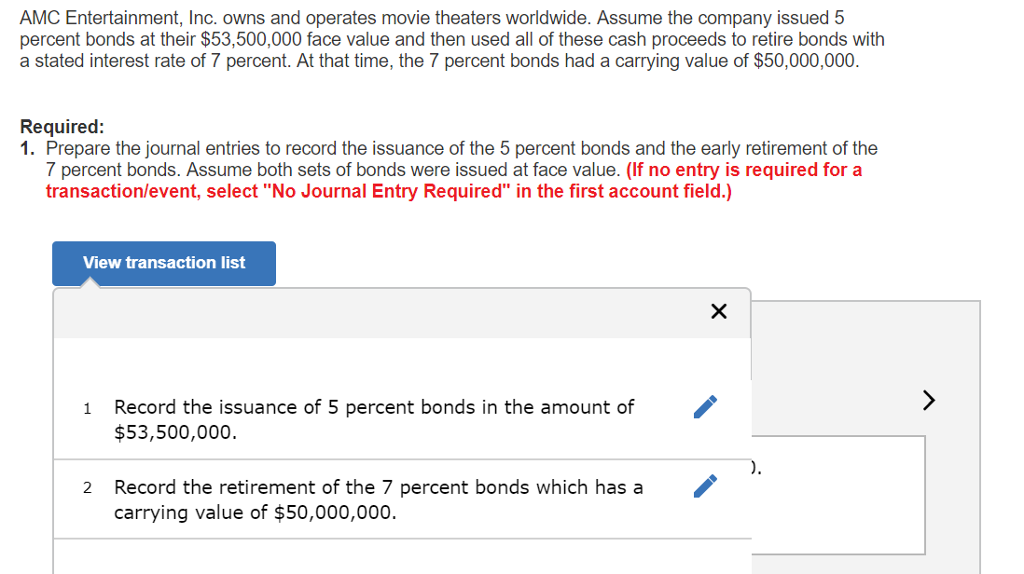Understanding THC Laws in Texas: Current Status, Changes, and What You Need to Know
Introduction: The Shifting Landscape of THC Laws in Texas
Individuals, businesses, and medical patients across Texas are facing a rapidly changing landscape regarding the legality of tetrahydrocannabinol ( THC ). With new bills, intense political debate, and a special legislative session underway, understanding the current status-and what may come next-is critical for anyone considering THC use, sale, or cultivation in Texas. This article provides a comprehensive, up-to-date overview of THC legality in Texas, actionable guidance for accessing legal products where allowed, and practical advice for staying compliant as laws continue to evolve.
Is THC Legal in Texas Today?
As of August 2025, THC is largely illegal in Texas for recreational use . However, Texas has a limited medical cannabis program, and some hemp-derived THC products remain temporarily available due to ongoing legislative debates. The state has not legalized recreational marijuana, and the possession, sale, or use of marijuana-derived THC outside the state’s medical program can result in criminal penalties. Recent legislative activity, including vetoed bans and proposed expansions, means the legal situation is in flux and may change soon. [2] [4]
Medical Use: The Texas Compassionate Use Program (TCUP)
Texas allows limited medical use of low-THC cannabis through the Texas Compassionate Use Program (TCUP). Until 2025, the program allowed only a few dispensaries and covered a narrow set of medical conditions, excluding chronic pain. Products were capped at 1% THC and did not allow inhaled forms. [2] In 2025, lawmakers approved the largest expansion of the program since its inception, though the details-including which conditions are covered and specific product types-are evolving.
Patients interested in accessing medical cannabis in Texas must:
- Have a qualifying medical condition as defined by the latest TCUP guidelines. These typically include epilepsy, seizure disorders, multiple sclerosis, and certain neurodegenerative diseases.
- Receive a prescription from a physician registered with the state’s Compassionate Use Registry.
- Obtain products from a licensed dispensary. Available products are restricted to low-THC formulations, often in oil or tincture form.
To learn more or see if you qualify, you can contact the Texas Department of Public Safety and search for information on the ‘Texas Compassionate Use Program’. Official channels will provide a list of currently approved conditions and steps for enrollment.
Hemp-Derived THC Products: Legal Uncertainty and Recent Developments
Products containing hemp-derived THC, such as delta-8 and delta-9 edibles, have been widely available in Texas since the passage of HB 1325 in 2019, which allowed for the cultivation of hemp with less than 0.3% THC by dry weight. However, these products have come under increased scrutiny from lawmakers concerned about their potency and unregulated sale. [3]
In 2025, efforts to ban all consumable THC products outside of the medical program advanced in the legislature. Senate Bill 3, supported by the Lieutenant Governor, aimed to prohibit the sale of any consumable THC, including popular hemp-derived products. Although the bill passed the legislature, Governor Abbott vetoed it after public outcry, especially from veterans and patients who rely on these products. [2] [5]
Governor Abbott called a special session to address regulation, leaving the future of hemp-derived THC products uncertain. As of now, hemp-derived THC products may still be available , but this could change quickly. Consumers and retailers should monitor legislative updates closely and consult with legal counsel or industry associations for the latest guidance.
Proposed Legalization and Decriminalization Efforts
Several bills have been introduced in recent years to legalize or decriminalize marijuana and THC products in Texas. For example, HB 195, filed in July 2025, would legalize and regulate marijuana for adults 21 and older, allowing possession of up to 2.5 ounces of cannabis (with no more than 15 grams in concentrated form) and up to 10 ounces at home if kept in a locked area. [1] [5] However, as of this writing, no adult-use legalization bill has passed into law, and recreational marijuana remains illegal.

Source: nuggmd.com
Decriminalization bills have also been proposed, aiming to reduce criminal penalties for possession of small amounts of cannabis. Some bills also include provisions for expunging past convictions related to low-level cannabis offenses. [4] These efforts are ongoing and subject to change based on legislative negotiations and public advocacy.
Penalties and Law Enforcement: What You Risk
Possession, sale, or distribution of marijuana-derived THC outside the medical program is illegal and can result in criminal charges. Penalties vary by the amount in possession and intent (personal use versus distribution), ranging from fines for small amounts to felony charges for larger quantities or sales. Law enforcement agencies in Texas have been known to enforce these laws strictly, though some cities and counties have enacted local policies deprioritizing low-level possession offenses.
If you are stopped by law enforcement, you may be asked to prove that any cannabis product in your possession is compliant with Texas law. This usually means demonstrating that the product is hemp-derived and contains less than 0.3% THC, or that you have a valid medical prescription. Lab results or certificates of analysis from the manufacturer may be helpful, but law enforcement is not required to accept these at face value.
If you are charged with a cannabis-related offense, you should consult a qualified criminal defense attorney experienced with Texas drug laws. The Texas State Bar Association can help you find an appropriate legal professional.
Accessing Legal THC in Texas: Step-by-Step Guidance
For qualifying medical patients:
- Consult your primary care physician or a doctor registered with the Texas Compassionate Use Registry to determine if your condition qualifies for low-THC cannabis.
- If eligible, obtain a prescription through the official registry. Physicians will submit your information to the Texas Department of Public Safety’s Compassionate Use Registry.
- Contact one of the state’s licensed medical cannabis dispensaries to fill your prescription. Note that product selection, availability, and pricing may vary.
- Always carry documentation of your prescription and keep products in original packaging when transporting them.
For consumers of hemp-derived THC products:
- Monitor the latest legislative news and consult with industry groups such as the Texas Hemp Coalition for updates on the legal status of specific products.
- When purchasing, request third-party lab results to ensure products are hemp-derived and contain less than 0.3% THC by dry weight. Retain receipts and lab documentation.
- Be aware that local ordinances or sudden legislative changes may affect product legality. Retailers and consumers should stay informed and be prepared to adjust practices as needed.
If you are unsure about the legality of a product or your qualifications, you can contact the Texas Department of Public Safety or the Texas Department of State Health Services. They can provide guidance or direct you to official resources.
Staying Compliant and Protecting Yourself
Given the dynamic legal environment, anyone interacting with THC products in Texas should take several precautions:

Source: leafly.com
- Regularly check for legislative updates from the Texas Legislature, the Texas Department of Public Safety, and trusted news sources.
- Maintain thorough records of purchases, prescriptions, and lab results for any THC products in your possession.
- Consult legal counsel if you operate a business selling hemp-derived products or if you have questions about compliance.
- Be aware that travel across state lines with THC products-especially those containing more than 0.3% THC-remains federally illegal and can result in prosecution.
For businesses, it is prudent to join industry associations and networks that provide legal alerts and compliance training. Consumers should consider seeking legal advice before making large purchases or traveling with THC products.
Potential Changes on the Horizon
The situation regarding THC in Texas is evolving quickly. A special legislative session is underway to determine the fate of hemp-derived THC products and to consider broader changes to cannabis policy. While some lawmakers advocate for stricter bans, others are pushing for expanded access and even full legalization. The outcome of these debates could have a major impact on individuals and businesses throughout Texas.
Stay informed by subscribing to newsletters from reputable organizations such as The Texas Tribune or the Marijuana Policy Project, both of which provide regular updates on legislative developments.
Key Takeaways
- THC remains illegal for recreational use in Texas, with only very limited medical exceptions.
- Hemp-derived THC products are in legal limbo and may soon be banned or more tightly regulated.
- Medical cannabis is available to qualifying patients, but the program is restrictive and evolving.
- Legal risks remain for possession or sale of non-compliant THC products.
- Stay proactive by monitoring legislative updates and consulting official state resources for the most current guidance.
References
- [1] Marijuana Moment (2025). New Texas bill proposes marijuana legalization for adults.
- [2] Marijuana Policy Project (2025). Texas becomes 40th medical cannabis state; legislative updates.
- [3] Regulatory Oversight (2025). The current landscape of Texas cannabis policy and laws.
- [4] Texas Cannabis (2025). Texas marijuana laws and legislative activity.
- [5] The Texas Tribune (2025). Texas Senate passes bill to ban hemp-derived THC products.
MORE FROM couponnic.com













